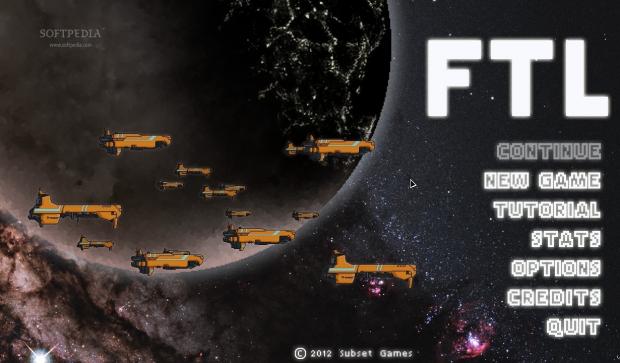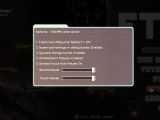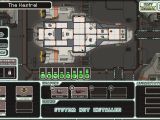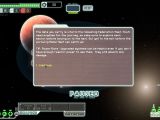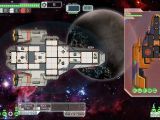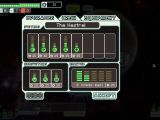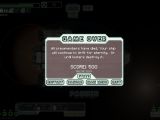Space battle simulators, strategies, RPGs, and a ton of other genres have covered every possible corner of space warfare. Or so we thought until the arrival of Faster Than Light, one of the most surprising games to have been launched in recent times.
I don’t usually dish out compliments, especially if it’s about indie games. Faster Than Light is one of the few exceptions because it shows what “thinking out of the box” actually means in the gaming industry.
Faster Than Light is one of the projects that saw the light of day because of a Kickstarter project. It was announced on February 27th, 2012, and released on September 14th, 2012.
It’s the brainchild of Matthew Davis and Justin Ma, two former employees of 2K Games. They formed a small studio called Subset Games, and with the help of Kickstarter, launched Faster Than Light in record time.
Installation
The only way to buy a Faster Than Light copy is from their official website. They provide a single tar.gz file. Extract it and start playing the game.
If the game won’t start out of the box, you should consider running it from inside a terminal. The output might indicate if you miss some important dependencies.
Story and Gameplay
The player is tasked to deliver an important message to the Federation ship, detailing the plans of a Rebel fleet. In order to reach the destination, the ship must traverse eight star clusters and fight a large ship at the end.
The game itself is rather short and, with a bit of luck you might go through the eight clusters in under an hour, but the final fight will end in defeat, most of the time.
It’s hard to define the genre because it can’t be integrated in any given category. Players only get to watch one screen, which details the inner workings of a ship, in two dimensions.
The ship has several subsystems, some that can be manned and other completely automated. The engines, weapons, shields, and helm control, perform a lot better if there is someone behind the controls.
At first, the player will receive a medium class ship, with a missile launcher and a laser canon. It’s manned by three people, obviously not enough for the four subsystems that need a human touch.
You start by jumping from one beacon to another, to the cluster exit that is marked on the map. The beauty of the game is that the entire game is procedurally generated, so there aren’t two playing experiences alike.
All the encounters with enemy ships are randomized, all non-combat events are randomized, and all loot is randomized.
Out of 50 tries, maybe one will hit a perfect storm. You might get a few more crew members easily, without having to buy them, you might receive an upgrade that can make all the fights a lot easier, or you might just get lucky and receive a buck load of money with little to no effort.
The players also have to juggle with the ship systems energy. Movies have always taught us that you can reroute power from one system to another. More than once I had to stop the life support in order to get a final kill shot, or to stop all the other subsystems just to get the shields up.
The randomization of the elements has increased the replay value of Faster Than Light by a factor of ten. If you do something good in one session, it could turn out to be a bad decision in the next one.
The Bad
The differences between two gaming sessions are huge, most of the time. I could manage going through five clusters at one point, but fail to even get past the first one at a second attempt. All I’m saying is that a little more balancing at the start of the game would have made a significant impact.
The Good
There is simply no substitute for commanding a starship. It makes players feel like Jean Luke Picard or James T. Kirk. Quite a few times I caught myself saying “all power to forward phasers” and answering in a Scottish voice.
Conclusion
Whenever I find some spare time, I know what I’m going to do. All power to the engines! Engage!
 14 DAY TRIAL //
14 DAY TRIAL // 
